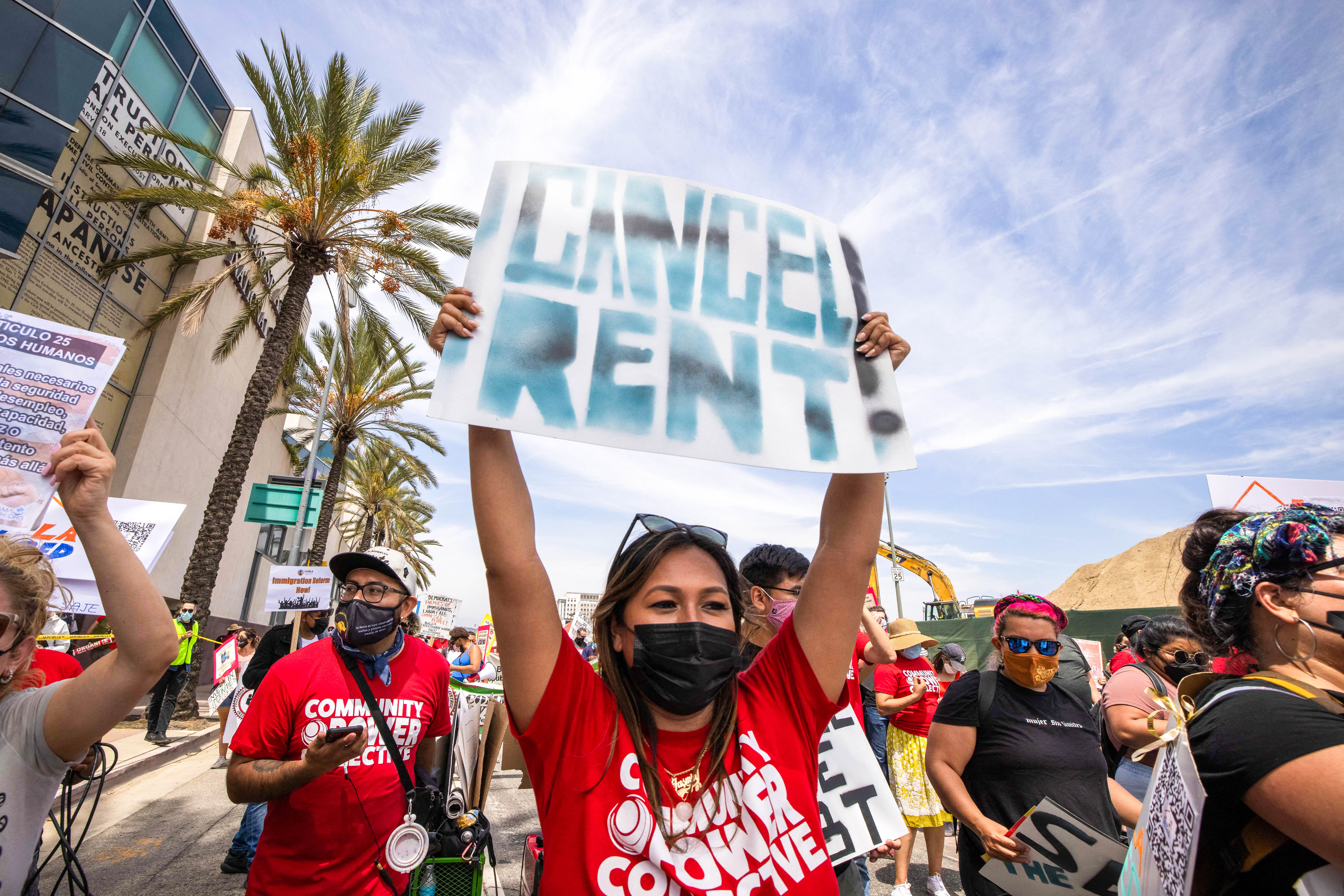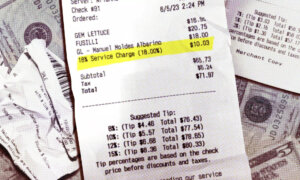Confronting California’s housing crisis, lawmakers passed the Tenant Protection Act of 2019 to provide renters more stability by limiting rent increases and tightening eviction rules.
But advocates for the homeless found that many tenants remained vulnerable.
Senate Bill 567, which took effect on April 1, builds on the 2019 law by expanding protections against eviction and laying out a stiff penalty for landlords who defy the cap on rent increases.
With the new law, authored by Sen. María Elena Durazo (D-Los Angeles) and called the Homelessness Prevention Act, a significant obstacle to any “no-fault, just-cause” eviction arises when the property owner wants to move into the residence, or when the landlord plans to displace the tenant for a major renovation.
SB 567 says property owners must move in themselves or have a family member move in within 90 days of asking tenants to leave and must occupy the property as their primary residence for at least 12 months.
The law also says that if a landlord displaces a tenant for demolition or major remodeling but does not start or complete the work, the landlord must offer the tenant the property back at the same rent as when the tenant vacated.
It also requires landlords to give tenants written notice with a description of major remodels or demolition, the expected duration of repairs, and copies of necessary permits.
SB 567 takes aim at rental increases, too. Supporters of the bill pointed out that even those who are protected by the Tenant Protection Act can face annual rent hikes of up to 10 percent. Under AB 1482, rent increases were limited to 5 percent plus the local rate of inflation, or 10 percent of the lowest gross rental rate charged at any time during the 12 months before the increase, whichever is lower.
SB 567 would make a landlord who charges more than the maximum allowable rent subject to a civil lawsuit, with the tenant able to seek damages up to three times the amount by which the rent exceeded the maximum.
The new law’s supporters say the steady rise in rent often pushes individuals and families toward homelessness.
A 2020 study by the U.S. Government Accountability Office found that a $100 median rent increase led to a 9 percent increase in homelessness.
“Too many tenants are facing unjust evictions, because of loopholes in existing law and because rents are rising at a rate working-class Californians simply cannot afford,” Ms. Durazo said.
The bill was sponsored by the Alliance of Californians for Community Empowerment, California Rural Legal Assistance Foundation, Leadership Counsel for Justice and Accountability, PICO California, Public Advocates, and Western Center on Law and Poverty.
Research by Zillow in 2018 concluded that communities where people spend more than 32 percent of their income on rent tended to see the most rapid increase in homelessness.
“Loopholes in just-cause protections have allowed landlords to evict long-term tenants and raise rents to truly unaffordable levels, leaving many unprotected during the most vulnerable years since AB 1482’s adoption, which have included the pandemic, an economic recession, and times of historically high inflation,” the Service Employees International Union California State Council said.
Opponents of SB 567 call it “an extreme approach.”
The Southern California Rental Housing Association said AB 1482 was a carefully negotiated bill with a 10-year lifespan. The continued chipping away at it makes it harder for property owners to effectively manage their properties, the association said.
“To now propose to rewrite AB 1482—claiming the need for more stringent rent caps and necessary cleanup in the law—fails to acknowledge the extensive good faith work that was done,” the California Apartment Association said. “AB 1482 was a major undertaking. No amendments to the law are necessary.”
Because SB 567 changes the procedures for California property owners to evict tenants, fix-and-flip investors planning to substantially remodel or rebuild a property for resale will face new challenges and regulations while adhering to the bill’s provisions.
In addition to SB 567, Gov. Gavin Newsom recently signed AB 12, which takes effect on July 1.
Authored by Assemblyman Matt Haney (D-San Francisco), the law prohibits landlords from requesting security deposits exceeding one month’s rent.
“Despite skyrocketing rents, laws on ensuring affordable security deposits haven’t changed substantially since the 1970s,” Mr. Haney said. “This new law is a simple common-sense change that will have an enormous impact on housing affordability for families in California, while also balancing a landlord’s need to protect themselves against potential liability.”
Opponents of the bill said more landlords may decide to leave the market if they can’t collect security deposits that will cover potential damages.














